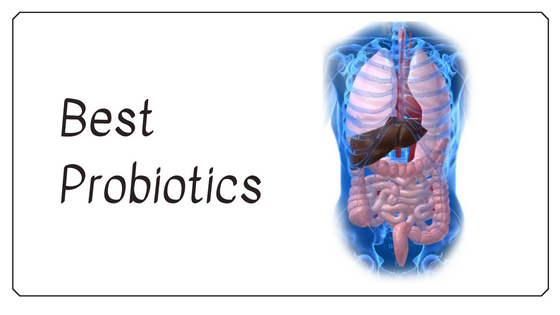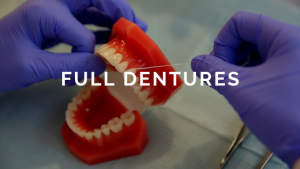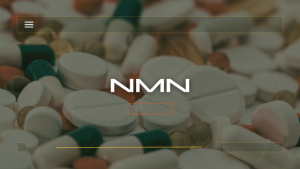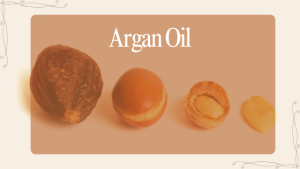Probiotics and prebiotics supplements are all the rage these days. They’re being hailed as the new super foods, and for good reason.
Probiotics are live microorganisms that are naturally present in your body. There are many different types of these beneficial bacteria, but they all have one thing in common: they help keep your gut healthy by improving digestion, preventing diarrhea and constipation, and fighting against harmful bacteria that may cause disease.
Prebiotics are non-digestible food ingredients that nourish the good bacteria already living in your digestive system. Prebiotics act as food for probiotics, promoting growth and activity of beneficial bacteria throughout the digestive tract.
Where Are Probiotics Found?
Probiotics are found in some foods and drinks, such as fermented dairy products, like yogurt and kefir; miso soup; tempeh; sauerkraut (fermented cabbage); kimchi (fermented vegetable dish from Korea); pickles; and other fermented vegetables. Probiotic supplements are also available in pill form.
Probiotics are often called “good bacteria” because they help support a healthy immune system. They also help lower bad cholesterol and blood pressure, which can reduce your risk for heart disease. And some studies suggest probiotics may even help with the symptoms of irritable bowel syndrome (IBS).

Where Are Prebiotics Found?
Prebiotics are found in the foods you eat, such as: bananas; garlic; onions; leeks; wheat bran (found in breads and cereals); artichokes; asparagus; legumes (beans, lentils, chickpeas); chicory root; Jerusalem artichoke.
When Should You Take Prebiotics and Probiotics?
The best time to take probiotics is when you first get up in the morning, before breakfast. Taking them on an empty stomach allows them to work more effectively.
Are There Probiotic and Prebiotic Supplements?
Yes, there are many probiotic and prebiotic supplements available. You can find them at your local health food store or online. The combination of prebiotics and probiotics is called a synbiotic. Synbiotics are used in many foods and supplements to promote digestive health and overall wellness.
Best probiotics contain a blend of prebiotics and probiotics. Seed is a good example of a synbiotic supplement. It contains prebiotics and probiotics that work together to promote digestive health.
This combination will help ensure that you get the most out of your daily nutritional supplement, and it will give you the best chance at maintaining optimal gut health.


